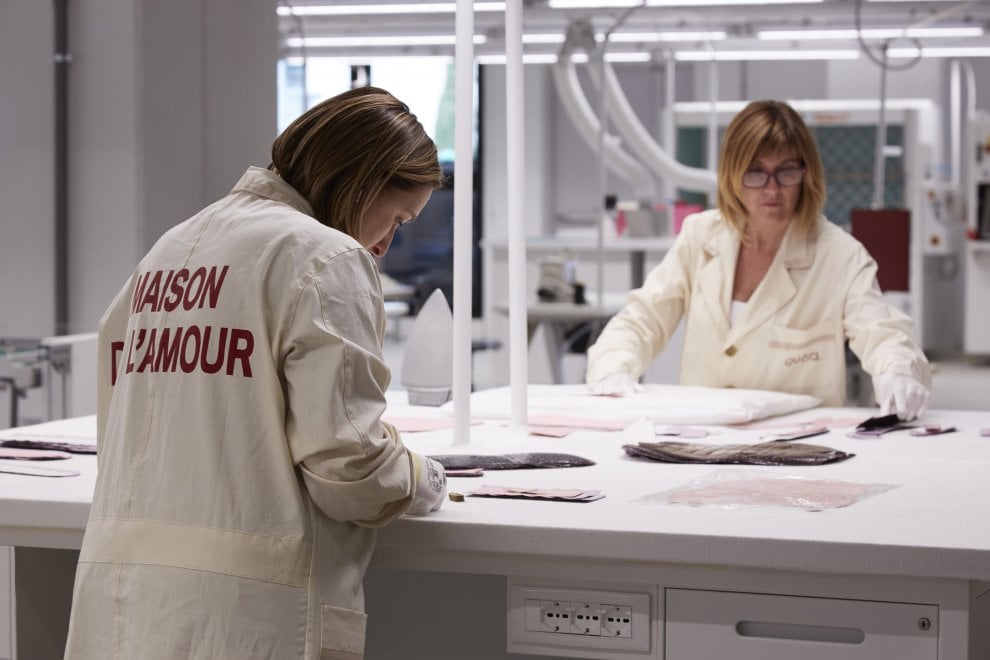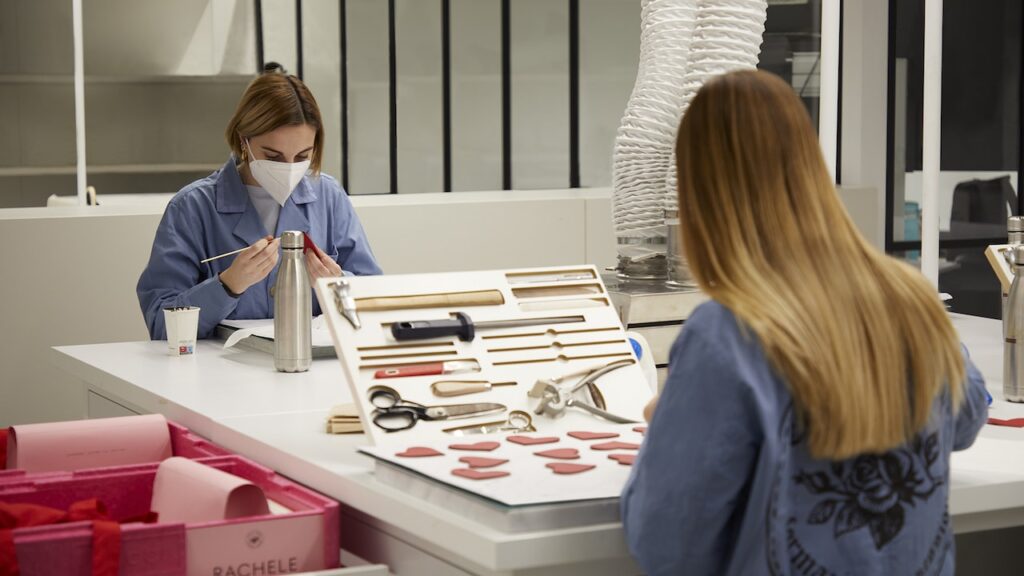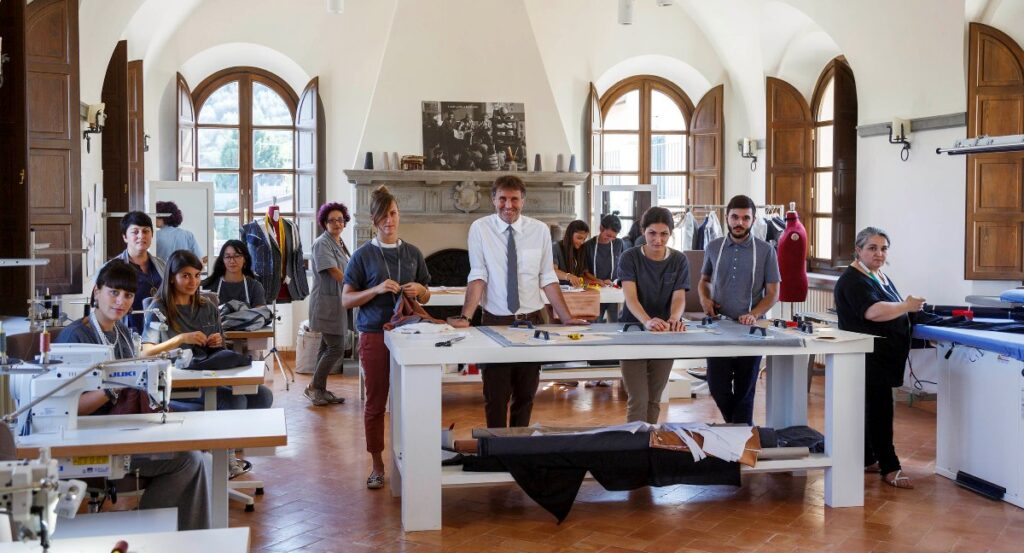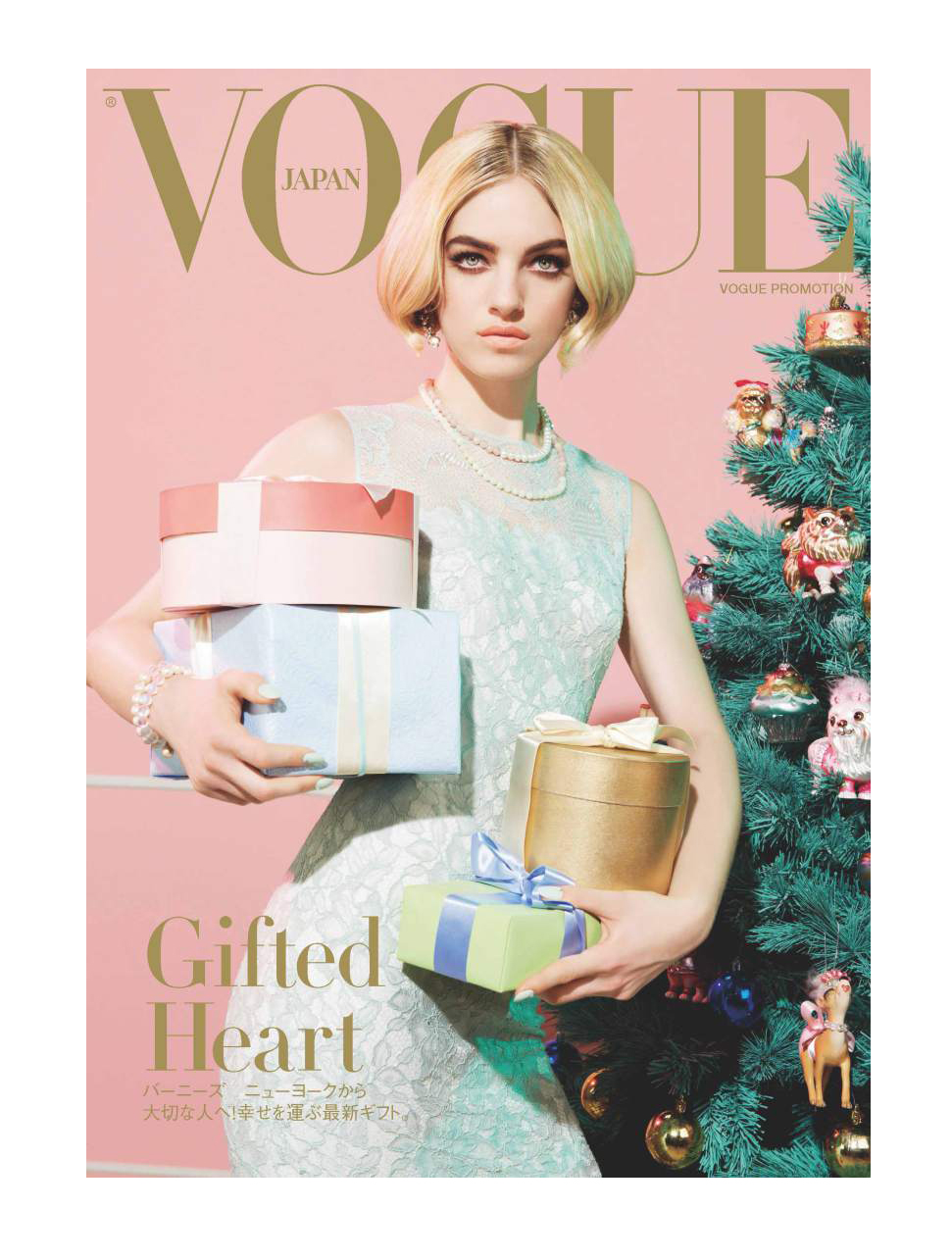Nowadays, savoir-faire constitutes a unique, intangible asset that lies at the heart of most brands’ reputations. In fact, heritage brands uphold a level of respect and long-standing loyalty that sets them apart in today’s saturated market,as they maintain an aura of exclusivity and prestige. Luxury goods will always benefit from this aspect, since modern clients highly value reliability and preciousness. Additionally, heritage conveys a return to the past, which isemotionally soothing for customers. As a result, Maisons strive to preserve artisanal skills in the crafting of their products, protecting and developing centuries-old traditions.

Today, artisanal defines modern fashion: the hours of care and attention put into designs ensure that their precious nature is acknowledged. The passing on of skills, know-how and experience, especially in the fields of craftsmanship and production, is therefore becoming essential for the long-term sustainability of companies in the industry. Preservation, however, does not mean stasis. Nothing can be preserved without renewal and modernity. This is why an increasing number of luxury brands are providing support for different sectors to ensure that young generations learn traditional artisanal and creative skills, by directly investing in the creation of dedicated institutes.

In 2014 LVMH created the Institut des Métiers d’Excellence (IME), a vocational training program based in Florence that allows the Group to ensure the transmission of its unique savoir-faire and promote careers in traditional craftsmanship métiers. The IME has trained more than 300 young people since its creation. The program had a 96% graduation rate in 2017 and nearly 90% of the graduates found jobs after completing the program – two-thirds of them with LVMH Maisons. In 2018, Gucci launched École de l’Amour, offering programs aimed at high school graduates and/or unemployed youth from 18 to 26 years old, with the objective of educating trainees in the entire product design and production process for leather goods and shoes. Lastly, in 2013 Brunello Cucinelli founded Scuola dei Mestieri, inspired by the ideas of John Ruskin and William Morris, who, in the 19th century, invented the Arts and Craftsmovement, thus anticipating modern design. The school offers tailoring and dress-making courses, with the aim of shaping fully-fledged masters in the field.

These diverse initiatives all uniquely prove that forward-thinking does not have to come at the expense of tradition. From both the standpoint of sustainability and creativity, the slow-fashion approach to production that is often honored by heritage brands carries great value and prestige in the current market. The pandemic has furthered society’s appreciation for quality over quantity and that will work to the advantage of luxury brands for years to come.
By Lavinia Canepa





